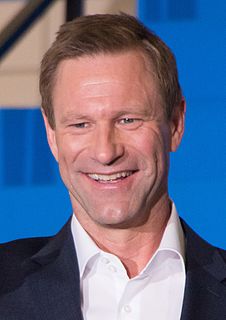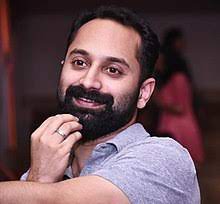Цитата Аарона Экхарта
Если это поможет мне в том смысле, что, если этот фильм будет успешным, я смогу снять больше фильмов, отлично, и чем больше фильмов я снимаю и чем больший интерес мне разрешено освещать, тем лучше для меня и тем лучше, надеюсь, для людей, которым нравится смотреть на меня.
Связанные цитаты
Мне кажется, что создание эскапистских фильмов могло бы принести людям большую пользу, чем создание интеллектуальных фильмов и фильмов, затрагивающих проблемы. Может быть, лучше просто снимать эскапистские комедии, не затрагивающие никаких проблем. Люди просто пьют прохладный лимонад, а затем выходят освеженными, они веселятся, забывают, как ужасны вещи, и это помогает им — укрепляет их, чтобы пережить день.
Что я хочу делать, так это снимать фильмы, которые поражают людей, которые поражают людей, и я надеюсь, что вы тоже этого хотите. Делать деньги легко. Легко снимать фильмы, как и все остальные. Но снимать фильмы, которые взрываются, как гранаты, в головах людей и оставляют осколки на всю оставшуюся жизнь, — это очень важное дело. Это то, что великие кинематографисты сделали для меня. У меня есть образы Феллини, Бергмана, Куровсавы, Бунюэля, все они застряли у меня в голове.
Я не могу жаловаться ни на что. Это все равно, что сказать: «Я не люблю звуковые фильмы». Время идет, и мне все равно, как люди смотрят мои фильмы, лишь бы они их видели. Мне все равно, разговаривают ли они по телефону. Поверьте мне, если вы когда-нибудь захотите посмотреть мои ранние фильмы, они будут выглядеть намного лучше на вашем телефоне, чем на киноэкране. Чем меньше, тем лучше.
Чтобы принимать лучшие решения, нужно принимать их больше. Затем убедитесь, что вы учитесь на каждом из них, включая те, которые, кажется, не работают в краткосрочной перспективе: они предоставят ценные различия для более точных оценок и, следовательно, решений в будущем. Поймите, что принятие решений, как и любой другой навык, на совершенствовании которого вы сосредоточены, становится лучше, чем чаще вы это делаете.



































